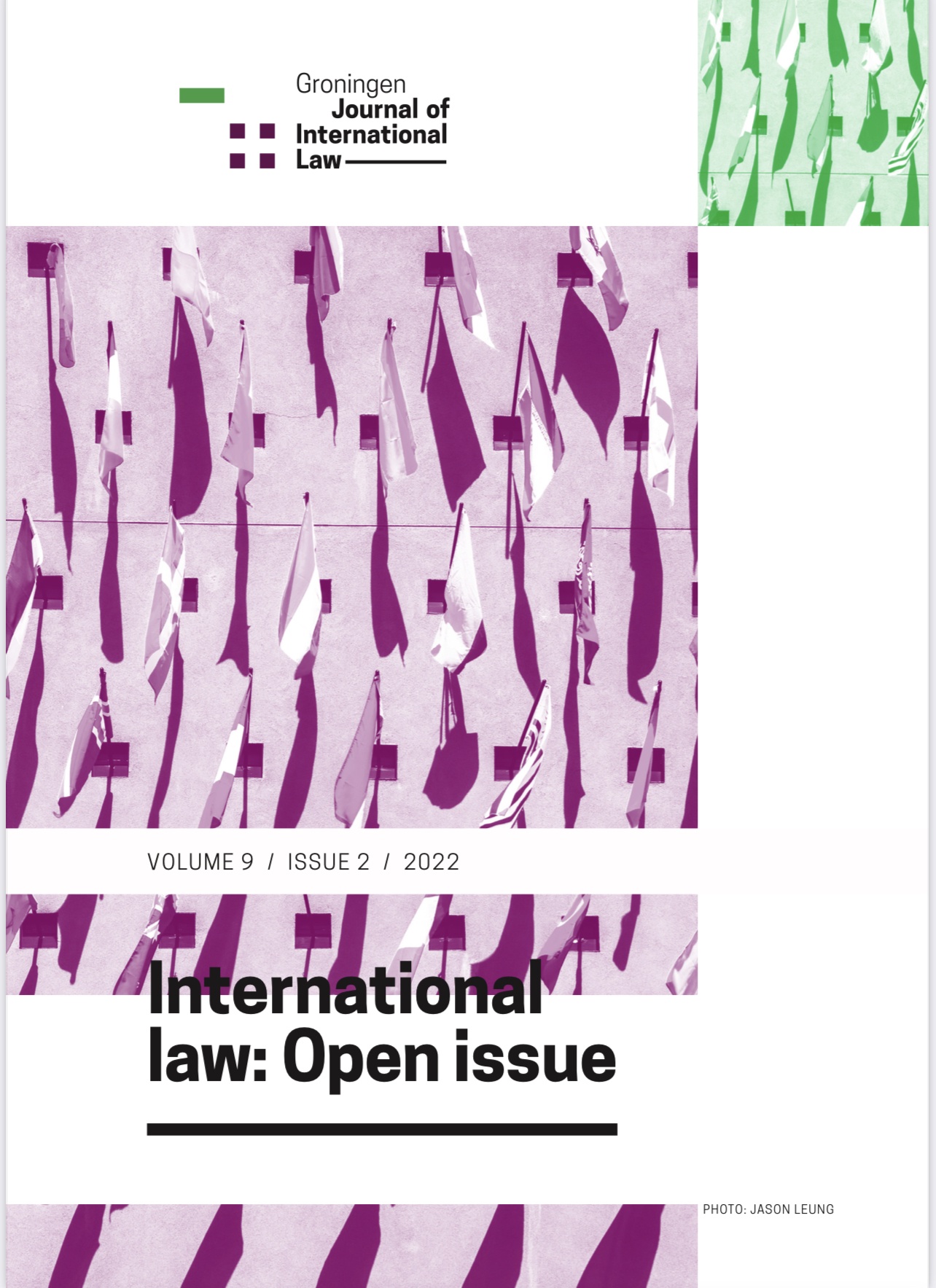A Comprehensive Approach of Transitional Justice to Address the Deliberate Destruction of Cultural Heritage
DOI:
https://doi.org/10.21827/GroJIL.9.2.212-238Keywords:
Cultural Heritage, Truth, Prosecution, Reparations, Guarantees of Non-RecurrenceAbstract
Given the fact that cultural heritage has been the subject of multi-dimensional crimes during or in the aftermath of armed conflicts, this article attempts to analyze why and how such crimes can be brought under transitional justice (hereinafter TJ) mechanisms. It starts with the challenge to ascertain the inbuilt relationship, importantly, how cultural heritage enters into the domain of TJ. To this end, it fragmentises the rights of heritage and laws associated with these rights and examines how multiple discourses (i.e. human rights, humanitarian law, and criminal law) come together to form the notion of heritage rights and how their recognition contributes to cultural heritage’s entrance into TJ project. Thereafter, it assesses the resonance of potential TJ mechanisms and elucidates how they can help reveal the truth concerning crimes against heritage, bring the perpetrators to justice, rehabilitate the destructed sites, redress the victims, and prevent future attacks. It reiterates the value of four measures widely accepted in the TJ discourse, namely, truth-seeking, prosecution, reparations, and the measures of guarantees of non-recurrence. Finally, it explains why a comprehensive approach in terms of implementing these measures is essential and how such approach facilitates taking into account all the factors associated with the crimes against heritage.
Published
Issue
Section
Copyright (c) 2022 Shuvra Dey

This work is licensed under a Creative Commons Attribution-NonCommercial-NoDerivatives 4.0 International License.
Open Access Creative Commons


